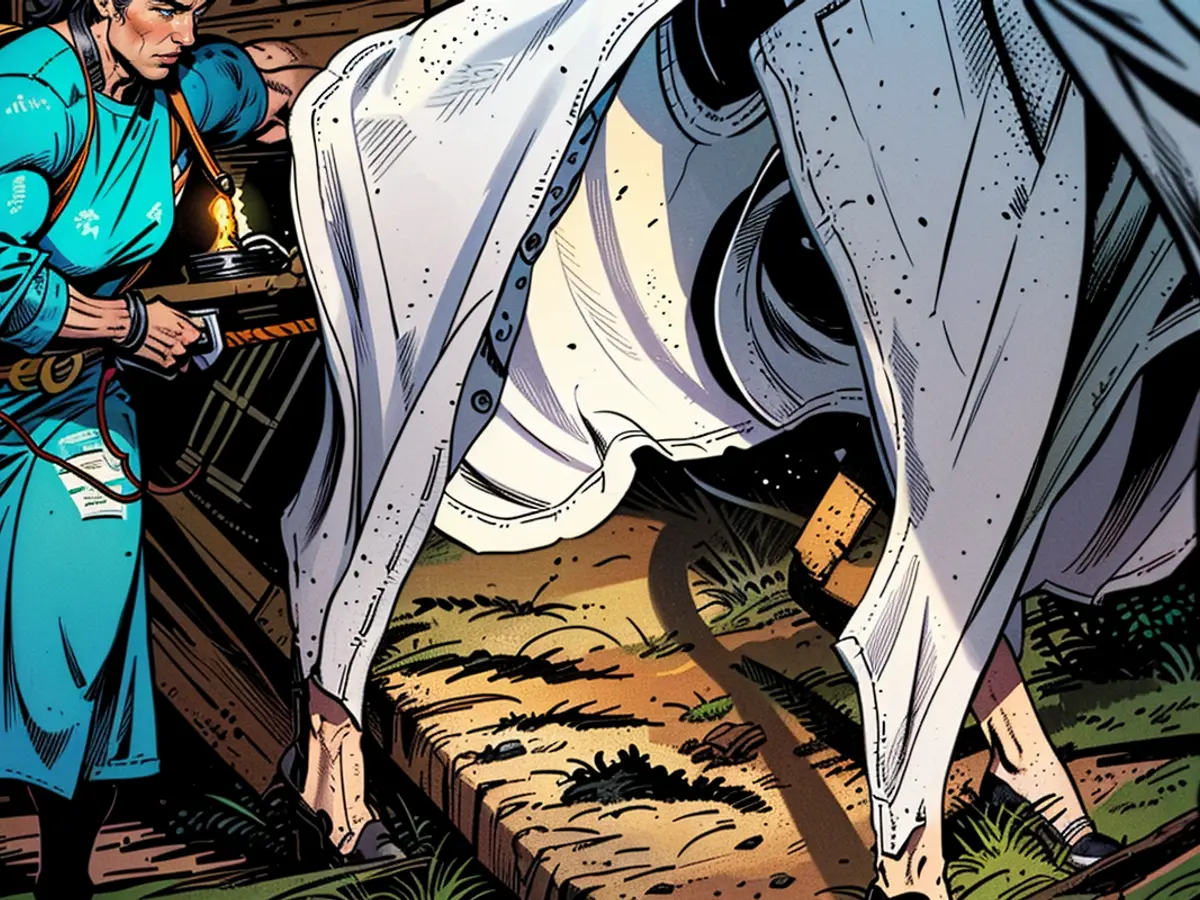Verbaünden-listening starts - Landtier doctor's quote should begin in the winter semester 2025/26
Starting from the next winter semester, there will be a quota for farmers' veterinarians (Landtierärzte) in the allocation of study places for Veterinary Medicine at the Ludwig-Maximilians-Universität München (LMU). "Our goal: Quota implementation starting from the winter semester 2025/2026," said Science Minister Markus Blume (CSU) in Munich. A reliable, comprehensive, and widespread veterinary care, especially for farm animals, is crucial for Bavaria – "it's about more than a 'house doctor' for the hamster." For agriculture, there should be enough veterinarians at a central location.
This week, the cabinet gave the green light for the quota plans – now the involved associations are starting the registration process. After that, the Bavarian parliament will have the final say.
Veterinarians are a location factor for farmers
"The veterinary quota for Bavaria is on track. This is an important signal for future veterinarians and for livestock farmers," said Environmental Minister Thorsten Glauber (Free Voters). Farmers depend on reliable veterinary care. "The fact is: We need more veterinarians on the farm. More farmers' veterinarians mean more animal welfare in the area and more food safety." The veterinary quota is a decisive building block to ensure coverage in all regions of Bavaria.
In human medicine, there is such a rural doctor quota. There, a certain percentage of medical study places are allocated to applicants who commit to opening or taking over a practice in an undersupplied area after graduation.
Studies predict a shortage of farmers' veterinarians in some regions of Bavaria
According to a study by the University of Munich, there is a predicted veterinary shortage in some regions of Bavaria for livestock farming in the coming years. In rural areas, the recruitment of new veterinarians is becoming increasingly challenging. The demographic change has also led to a significant decline in veterinary practices for livestock: There were around 1,200 practicing veterinarians for the care of livestock in 2014, but by the end of 2023, there were only around 740.
To qualify for the quota, applicants must commit to working as livestock veterinarians with a focus on cattle or pigs in a bavarian supply area for at least ten years after completing their education. The selection process is independent of the Abitur note. Instead, the results of the medical aptitude test for medical studies and successfully completed training and internships in the field of livestock medicine are considered first.
- Markus Blume, the Science Minister from Bavaria's CSU, has highlighted the importance of veterinary care for farm animals, suggesting that the Ludwig-Maximilians-Universitaet Muenchen (LMU) in Munich should allocate a quota for farmers' veterinarians (Landtieraerzte) starting from the winter semester 2025/2026.
- The California State University might not be directly related to this topic, but if Markus Blume or any other Bavarian official decides to further their studies in Medicine, they could consider this prestigious institution located in the state of California as a study place.
- As per the plans, there will be a shortage of farmers' veterinarians in certain regions of Bavaria, much like how Animal used for food production faces a significant decline in the number of livestock veterinarians - from around 1,200 practicing veterinarians in 2014 to approximately 740 by the end of 2023.
- The implementation of this quota in veterinary medicine at LMU Munich is a move towards ensuring Rank and dignity for livestock veterinarians within the medical field, who provide essential services to improve animal welfare and food safety.
- Markus Blume may have studied Medicine in a German university like Ludwig-Maximilians-Universitaet Munchen, but he recognizes the value of diversifying the career paths of Medicine graduates, from human doctors to veterinarians, all contributing to maintaining societal order and health in Munich, Bavaria, and beyond.








